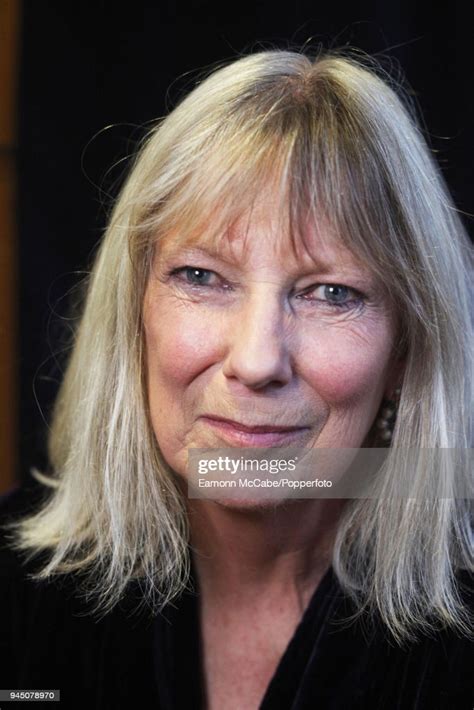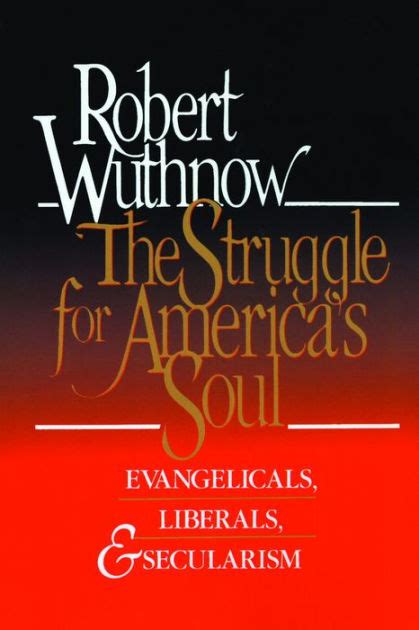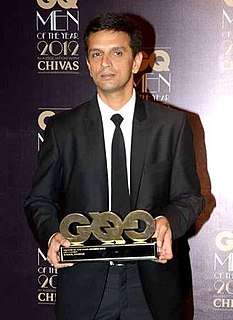A Quote by Lucy Hughes-Hallett
I think you learn how to write by reading an enormous amount, so then your memory is stocked with various constructions, various ways of shaping a paragraph, shaping a chapter.
Related Quotes
The one eternal religion is applied to the opinions of various minds and various races. There never was my religion or yours, my national religion or your national religion; there never existed many religions, there is only the one. One infinite religion existed all through eternity and will ever exist, and this religion is expressing itself in various countries in various ways.
Even my colleagues don't read classic criticism. And my feeling is that if you don't do that then you're not really practicing your craft. That's how you learn how to do it. You don't learn how to write about jazz just from listening to jazz. You learn how to write by reading the great writers and how they worked, the great music critics.
I think that it's worthwhile to explore the ways in which you write the person that's writing your plays as opposed to simply assuming that it's all a natural process and there's no design in it. Because your public persona is designed, to a certain extent, and you can have fun and profit at various times doing that.
The danger, then, is that materialism is not only shaping how we live but the way we think as well. It influences our consumer tastes and our preference for high-paying jobs, but it also alters our capacity to pray, the nature of our prayers, and the ways in which religious tutelage instructs our values.
If you haven't learned to ride a bike by the time your peer group has, then suddenly it's an embarrassment and you'll avoid opportunities where you're expected to ride a bike. And then it starts shaping your behaviour. Reading is much subtler, but much more destructive if you have not - for whatever reason - learned to read by the time you should.
The story of this man who had killed a messenger and hanged himself would make interesting reading. One could almost write a whole chapter on him. Perhaps not a whole chapter but a resonable paragraph, at any rate. There was so much else to include, and one must be firm in cutting out details. He had already chosen the title of the book, after much thought: `The Pacification of the Primitive Tribes of the Lower Niger.'







































